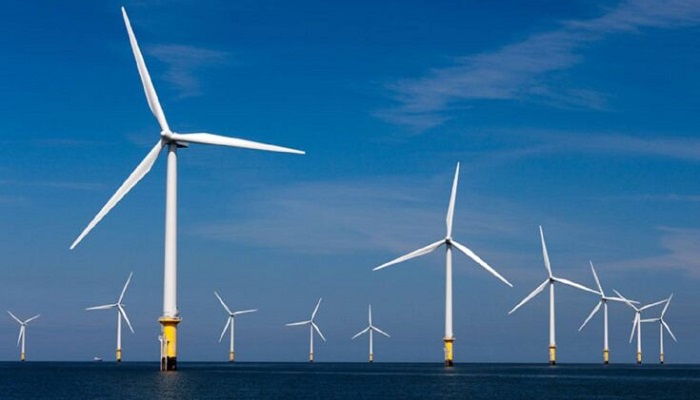The very recent research report on EnergyPulse data analysts published by RenewablesUK puts forth the fact that the UK’s pipeline of offshore wind projects across all stages of development currently stands at around 100 GW. If we split the figure, it is found across 130 projects at 99.8 GW, which is an increase of 14 GW over the last year.
This also includes 13.7 GW of completely operational capacity and an additional 13.6 GW that happens to be under construction or has a support that is secured for a route to market.
It is well to note that the current global pipeline numbers stand at 1174 GW across 1417 projects across 38 countries, which is again a surge of 508 GW in the past 12 months. Apparently, the UK’s pipeline network accounts for 8.5% of the worldwide total, which is again the first time that it has plummeted below 10%. The cause of this can be attributed to the fact that new markets have emerged in the form of South American and Australasian countries.
When we talk of the global operational capabilities, which currently stand at 60 GW, China happens to be in the lead with 47% at 28.3 GW, while the UK still stands at the second position by being the second largest with 23%, which amounts to 13.7 GW.
It was also found out that 90% of the novel offshore wind capacity that went operational last year in 2022 happened to be in two markets, China and the UK, at 3.8 GW and 3.2 GW, respectively.
It shouldn’t come as a surprise when one predicts that China and the UK are going to retain their first and second positions, respectively, by 2030 at least. The statement coming-in from the RenewablesUK chief Dan McGrail remarked that it is indeed heartening to see UK maintain a strong position in offshore and is standing only second to China. That said, he added, the association’s latest report highlights the fact that new markets are emerging pretty fast in countries such as Brazil and Australia, and therefore the current status of being a world leader cannot be taken for granted.
Significantly, the US as well as the EU are also coming up with the idea of offering huge financial incentives for developers so as to build renewable energy projects, while in the UK, energy companies are being taxed heavily, more than oil and gas corporations. Unless there is robust action that attracts billions when it comes to private investment, there is a risk of being left behind. The fact is that the money would move someplace else, and the sector is going to lose out on thousands of jobs.





































